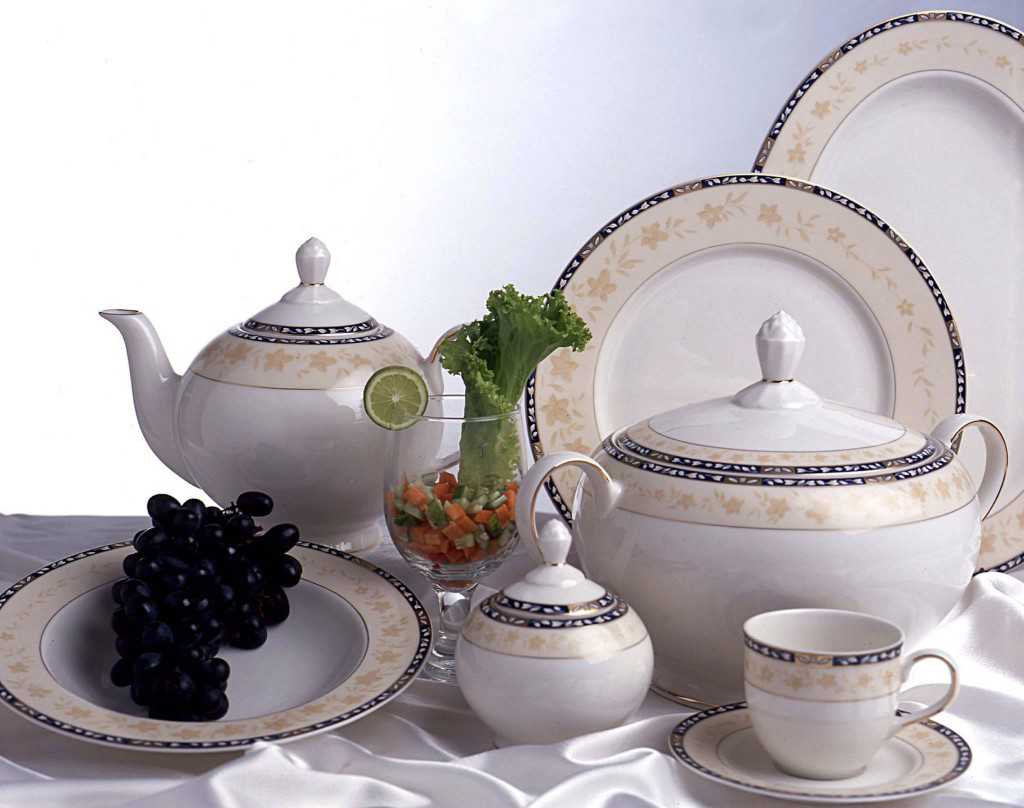High production cost a bar to ceramic exports

Industry insiders consider high production costs as the main barrier to exporting Bangladeshi ceramic products including tiles, sanitary ware, and tableware to global markets.
Speaking to the Dhaka Tribune, President of Bangladesh Ceramic Manufacturers and Exporters Association (BCMEA) Shirajul Islam Mollah, said that ceramic products were very promising for the country’s export basket.
“But we are failing to compete in the international market due to higher production costs compared to other countries,” he said.
“We have to pay 15–25% customs duties, along with other duties, on import of raw materials for the industry. This is why our production costs are going out of control,” added Shirajul, also Managing Director of China-Bangla Ceramics.
He also mentioned that rising gas prices were also driving up production costs, adding that they were going to meet representatives of the National Board of Revenue (NBR) today for a pre-budget discussion on the issue.
“Although we have been privileged with 10% cash incentives on export of ceramic products since last year, we need 5% more for faster export growth,” demanded Shirajul, also a member of parliament (MP).
Claiming that more incentives would gear up the ceramic industry to the level of the ready-made garments (RMG) sector, he said locally produced ceramic products could now meet the domestic market demand.
In the previous fiscal year (FY2017-18), the industry witnessed exports worth Tk380.1 crore, a 33% rise from FY2016-17.
Exporters have observed that if promoted properly with tax exemptions and cash incentives, ceramics could be the leading export sector of Bangladesh.
Previously, the trader-members of BCMEA presented four major demands in a proposal to NBR keeping in view the budget for FY2019-20.
Their demands were reduction of customs duties on raw material imports; increase in tariff price of finished imported products; exemptions of 15% supplementary duty on locally produced tiles; and exemption of value added tax (VAT) on gas bills.
At least 13 types of raw materials have to be imported to produce ceramic products — photographic powder, zirconium silicate, cover coat, printing ink, potash soap, thinner, body binder, nano-chemicals, packing belt, lavatory seats, covers, and silk screen.
These materials have minimum 27–87% duties including customs, regulatory and supplementary duties. The traders demanded, in the proposal letter, only 5% customs duty and exemptions from all other duties.
Additionally, the proposal demanded increase of tariff prices on imported finished products to a substantial amount, so that locally produced ceramic products could compete with imported ones.
Currently, a total of 66 factories are producing ceramic products locally, 20 are making tableware, 28 making tiles, while 18 are producing sanitary ware. Investment of all the factories amounted to a total of Tk8,616 crore, while 47,098 people are directly employed there, according to BCMEA data.
BCMEA said total domestic market consumption of ceramic products was Tk5,452 crore in FY2017-18, of which locally produced ceramic products were worth Tk4,338 crore, while imports hit Tk1,114 crore.
In case of tableware, a 92.87% market demand is met by locally produced goods, while the remaining 7.13% is met by imported products.
In case of tiles, local companies occupy 76.18% of the total market share and imported products hold 23.82%.
While 88.32% market demand of sanitary ware is met from locally produced products while 11.68% by imported ceramic goods, according to BCMEA.
Source: https://www.dhakatribune.com